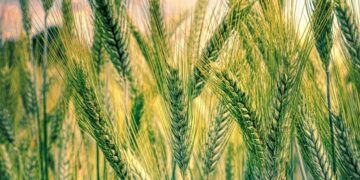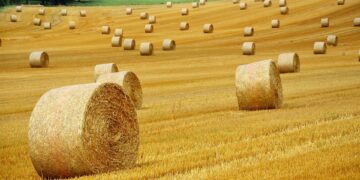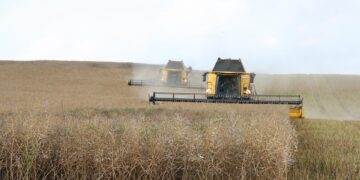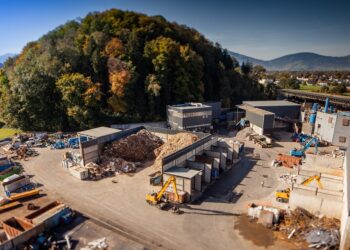Empowering Earth: Sustainable Agriculture Practices for a Greener Future
In recent years, there has been a growing awareness of the importance of sustainable agriculture practices in ensuring a greener future for our planet. With the increasing threat of climate change and environmental degradation, it is more crucial than ever to adopt practices that not only benefit the environment but also promote social and economic well-being. Sustainable agriculture is a holistic approach to farming that focuses on preserving natural resources, promoting biodiversity, and minimizing the use of synthetic inputs.
The Importance of Sustainable Agriculture
Sustainable agriculture is essential for ensuring the long-term health and productivity of our planet. By adopting sustainable practices, farmers can reduce their environmental impact, conserve natural resources, and improve soil health. Additionally, sustainable agriculture promotes biodiversity by creating habitats for beneficial insects and wildlife, which in turn helps to maintain a balanced ecosystem.
One of the key benefits of sustainable agriculture is its ability to mitigate the effects of climate change. By sequestering carbon in the soil, sustainable farming practices can help to reduce greenhouse gas emissions and combat global warming. Additionally, sustainable agriculture can help to improve water quality by reducing the use of harmful chemicals and promoting soil conservation practices.
Key Sustainable Agriculture Practices
There are several key sustainable agriculture practices that farmers can adopt to promote a greener future. These practices include:
1. Organic Farming
Organic farming is a method of agriculture that relies on natural inputs and biological processes to produce crops. By avoiding synthetic pesticides and fertilizers, organic farmers can reduce their environmental impact and promote soil health. Organic farming also helps to protect biodiversity by avoiding the use of genetically modified organisms (GMOs) and promoting crop rotation and cover cropping.
2. Conservation Agriculture
Conservation agriculture is a farming system that aims to minimize soil disturbance, maintain crop residues on the soil surface, and diversify crop rotations. By reducing tillage and promoting soil conservation practices, conservation agriculture can help to improve soil health, reduce erosion, and enhance water retention. Conservation agriculture also helps to sequester carbon in the soil, which can help to mitigate the effects of climate change.
3. Agroforestry
Agroforestry is a land use system that integrates trees and shrubs with crops and livestock. By planting trees on farmland, farmers can improve soil fertility, provide shade for crops and livestock, and create habitats for beneficial insects and wildlife. Agroforestry also helps to sequester carbon in the soil and reduce greenhouse gas emissions.
Challenges and Opportunities
While sustainable agriculture offers numerous benefits, there are also challenges that farmers face in adopting these practices. One of the main challenges is the upfront cost of transitioning to sustainable agriculture, as farmers may need to invest in new equipment and infrastructure. Additionally, farmers may face resistance from conventional agricultural practices and policies that favor the use of synthetic inputs.
However, there are also opportunities for farmers to overcome these challenges and transition to sustainable agriculture. By accessing financial support and technical assistance, farmers can reduce the cost of transitioning to sustainable practices. Additionally, by educating consumers about the benefits of sustainable agriculture, farmers can create demand for sustainably produced food and increase their market share.
Conclusion
In conclusion, sustainable agriculture practices are essential for ensuring a greener future for our planet. By adopting practices such as organic farming, conservation agriculture, and agroforestry, farmers can reduce their environmental impact, conserve natural resources, and promote biodiversity. While there are challenges to transitioning to sustainable agriculture, there are also opportunities for farmers to overcome these challenges and reap the benefits of sustainable farming practices. By working together to promote sustainable agriculture, we can create a more sustainable and resilient food system for future generations.











